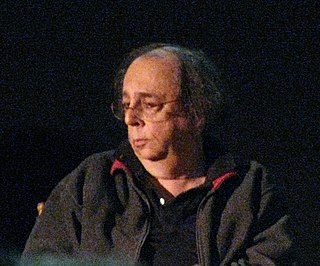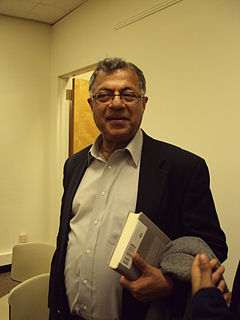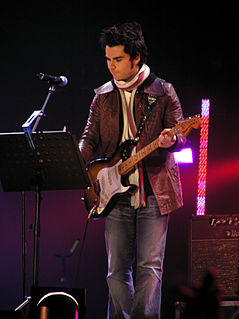A Quote by LaChanze
I think a lot of audience members don't realize the part that they play in live theatre. The audience actually has a mood. Sometimes they're tired and bored, and we have to wake them up and engage them.
Related Quotes
The live audience, just getting an instant reaction off of an audience is the best part[of the show]. Being in the studio and working on your songs and listening to them back and doing all that - it's a lot of fun, but having that instant reaction and being able to work and vibe with an audience is the best part.
The world has never before had as much drama as today. Radio, films, television and video inundate us with drama. But while these forms can engage or even enrage the audience, in none of them can the viewer’s response alter the artistic event itselfThat is why theatre is signing its own death warrant when it tries to play too safe. On the other hand, that is also the reason why, although its future often seems bleak, theatre will continue to live and to provoke.
An audience is the perfect thing to unleash venom and hate on. It doesn't necessarily mean you hate everyone in the audience but when you've got a so-called adoring mass in front of you, it's a perfect target for that kind of disgust. Sometimes you find yourself in a position where you're venting your disgust on an audience and a lot of them keep coming back 'cos they actually like that aspect. In a way that diffuses the feeling and you don't gel the same release.
Christian audience, I think, have grown very tired of movies that try to pander to them. For instance if someone goes, "Ok, we're designing what we're going to do with this movie. It's a Christian movie and they'll eat it up." And you know what? Consumers are smarter than that. They go, "The movie isn't that great and he thought that I would just be a sucker and plop my $10 down for it?" Because you're looking down at the audience. You can't pander to an audience.
. . . I felt that making her one-dimensional would be an insult to the audience, and also not as interesting. All destructive people have an inner side to them, and the more three-dimentional your characters are on screen the more compassion you can open up in an audience . . .. To me, that involves the audience more, it stimulates them and asks more of them.



































